Legal Action Targets Fluoride Toothpaste Companies
The recent wave of class action lawsuits filed against major fluoride toothpaste manufacturers has raised significant concerns about the safety of fluoride in children’s dental products. The lawsuits target children's toothpaste brands such as Crest and Colgate/Tom's of Maine, as well as children's mouth rinse brands including Act, Colgate/Tom’s of Maine, Firefly, and Hello.
Allegations in the Lawsuits
The lawsuits allege that the defendants' marketing strategies are misleading and put children's health at risk. Key points of the lawsuits include:
Appealing Packaging: Products are designed with candy and fruit juice flavors, images, and cartoon characters to attract young children, potentially leading them to consume more than the recommended amount. These visual cues, combined with the sweet taste, make it more likely for children to ingest excessive amounts of fluoride, increasing the risk of toxicity.
Misleading Labeling: The complaints allege that the companies design their product labels with candy and fruit juice flavors, images, and cartoon characters to attract young children, frequently causing confusion and leading them to believe the products are intended for consumption as food. The labeling on children's fluoride toothpaste often obscures critical information, such as the potential risks of fluoride toxicity, and fails to clearly indicate the proper amount of toothpaste for young children. The labels frequently make claims like “extra safe for children,” which contradicts guidelines that suggest minimal fluoride use for toddlers.
Health Risks and Acute Toxicity: Ingesting too much fluoride can cause acute toxicity, leading to flu-like symptoms such as nausea, stomach upset, and vomiting — symptoms that parents may not immediately associate with fluoride ingestion. The lawsuits highlight that swallowing just one full strip of toothpaste can cause these effects in toddlers. In fact, a third of a tube of "kids" fluoride toothpaste contains enough fluoride to potentially harm or even kill a toddler. The same applies to more than half a bottle of sweet-tasting mouth rinses, such as Act, Firefly, or Hello. Each year, Poison Control receives between 10,000 and 15,000 calls due to excessive fluoride toothpaste consumption, most of which involve young children. Hundreds of these calls result in hospitalization, and there are also thousands of calls related to the ingestion of mouth rinse.
Deceptive Advertising: The imagery used in advertisements often shows a large amount of toothpaste on the toothbrush, which may lead parents to unknowingly over-apply the product for their children. These visual cues do not align with the recommended guidelines, where only a small "smear" or "pea-sized" amount should be used. This deceptive advertising could contribute to excessive fluoride ingestion, putting children at further risk.
These combined allegations point to a pattern of deceptive marketing practices, with the potential to harm young children by encouraging unsafe fluoride consumption.
IAOMT's Commitment to Safer Alternatives
In response to these lawsuits, the International Academy of Oral Medicine and Toxicology (IAOMT) reaffirms its commitment to promoting safer, non-toxic alternatives to fluoride in pediatric dentistry such as hydroxyapatite toothpaste (contains a natural crystalline substance that integrates into enamel making it more resistant to decay), occasional iodine swishes, and better home-care techniques. Additionally, the IAOMT advocates for informed consent in dental treatments, ensuring that parents are fully aware of the risks associated with fluoride-based products.
The Role of Informed Consent in Pediatric Dentistry
The IAOMT stresses the importance of providing parents with the information necessary to make informed decisions about their children's oral health. By supporting ongoing research, education, and public outreach, the IAOMT aims to protect children from the potential harm of fluoride exposure and encourages the use of safer, evidence-based alternatives.
Supporting Public Health through Education and Advocacy
The IAOMT continues to be a leading voice in the fight for safer dental practices. As the legal landscape surrounding fluoride products evolves, the IAOMT remains dedicated to educating the public and dental professionals about the risks of fluoride and the need for safer alternatives in children’s dental care.
To find an IAOMT biological dentist who does not use fluoride and for more information, visit IAOMT's Website.







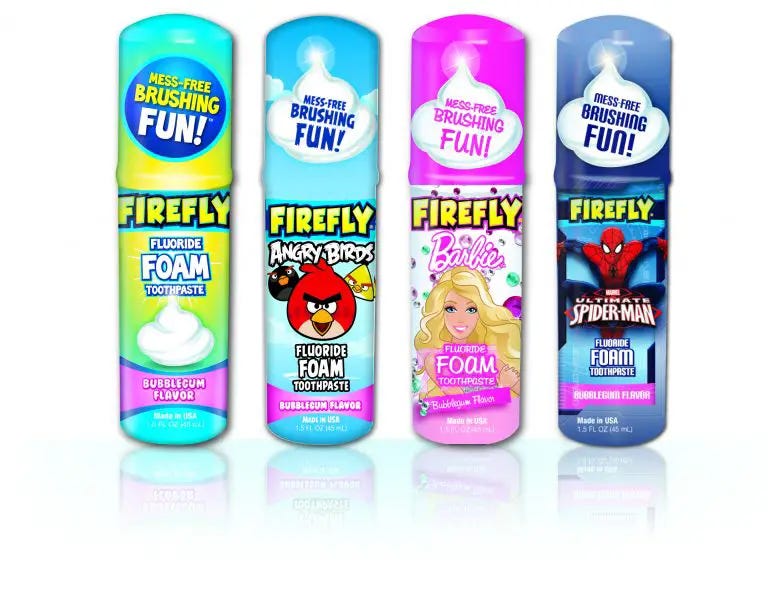






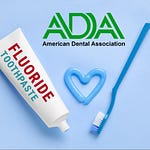


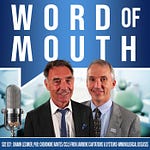
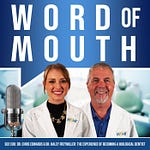
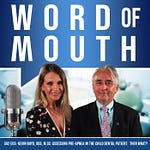

Share this post